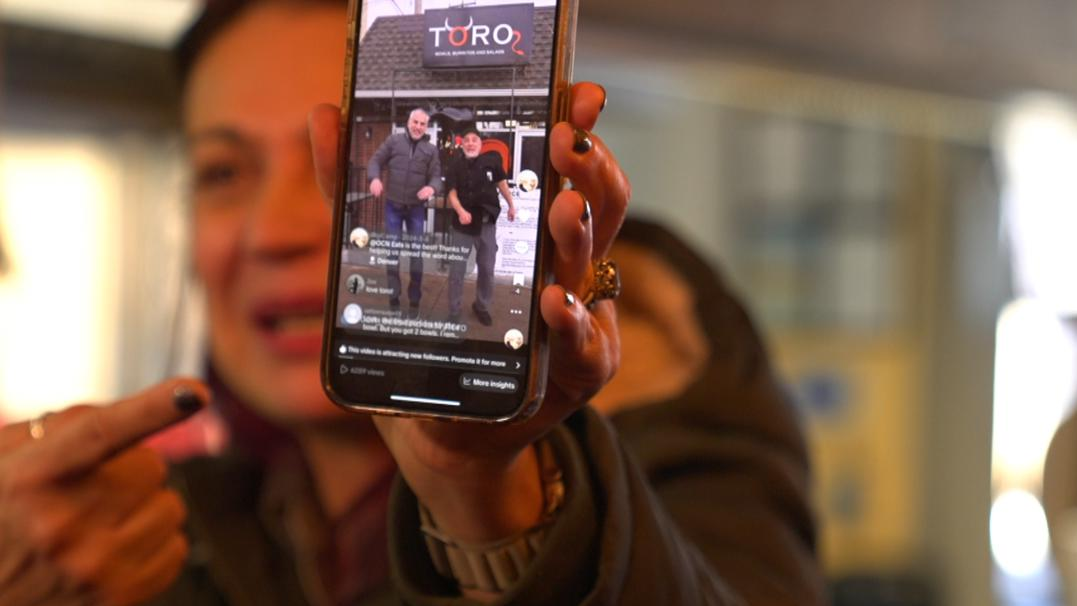DENVER — As the future of TikTok remains uncertain, Denver businesses said banning the app would cut off communication that local spots never experienced before it.
On Friday, the Supreme Court seemed likely to uphold the law that would ban TikTok in the United States beginning Jan. 19 unless the popular social media program is sold by its China-based parent company, ByteDance.
The idea is hard to swallow for Giselle Campagna, who owns Toro Food Concepts with her husband, Carlo. The couple said they went viral back in October 2023 when, according to Campagna, the business was not doing well.
“It really was not looking well, like many restaurants in the area, like many small businesses that have brick and mortar in Denver and… I had my phone,” Campagna said.
Campagna said she posted a TikTok video talking about the restaurant and the struggles they were having — but everything changed overnight. The video garnered over 600,000 likes.
“I remember waking up that morning and going, ‘AHH,’ what do I do,” she said.
To Campagna, banning the app does not support the growth of local businesses.
“It contradicts what they say they are going to do for us,” she said. “They want to support small businesses, but overnight they are going to cut off a channel of communication for your local community.”
Darrin Duber-Smith, a professor at the MSU Denver College of Business, said banning TikTok would indicate a change in how America looks to do business in the future.
“What’s happening is we are going to start looking at who owns what. Companies are starting to look at their supply chains,” Duber-Smith said. “We are starting to look at a new world order of who we consider adversaries and who we consider partners, China is not considered a partner by any area of government.”
U.S. officials argue that the vast amounts of user data that TikTok collects, including sensitive information on viewing habits, could fall into the hands of the Chinese government through coercion.
They are also concerned that the proprietary algorithm that fuels what users see on the app is vulnerable to manipulation by Chinese authorities, who could pressure ByteDance to shape content on the platform in a way that’s difficult to detect.
The company negotiated with the Biden administration between 2021 and 2022 to resolve the concerns around U.S. data privacy and potential algorithmic manipulation.
On Friday, lawyers for TikTok argued before the Supreme Court justices that the company should be allowed to operate in the U.S., under Chinese ownership. Though it seemed likely for the justices to uphold the law that would ban TikTok, their decision was still unknown as of Friday night.
“Like everything in life, we are beholden to what the government decides to do,” Campagna said.
Duber-Smith said that, even if the app is banned, it would not be the end of the road for businesses.
“If TikTok is not available, I am pretty sure five other products will emerge within a month or two,” he said.



